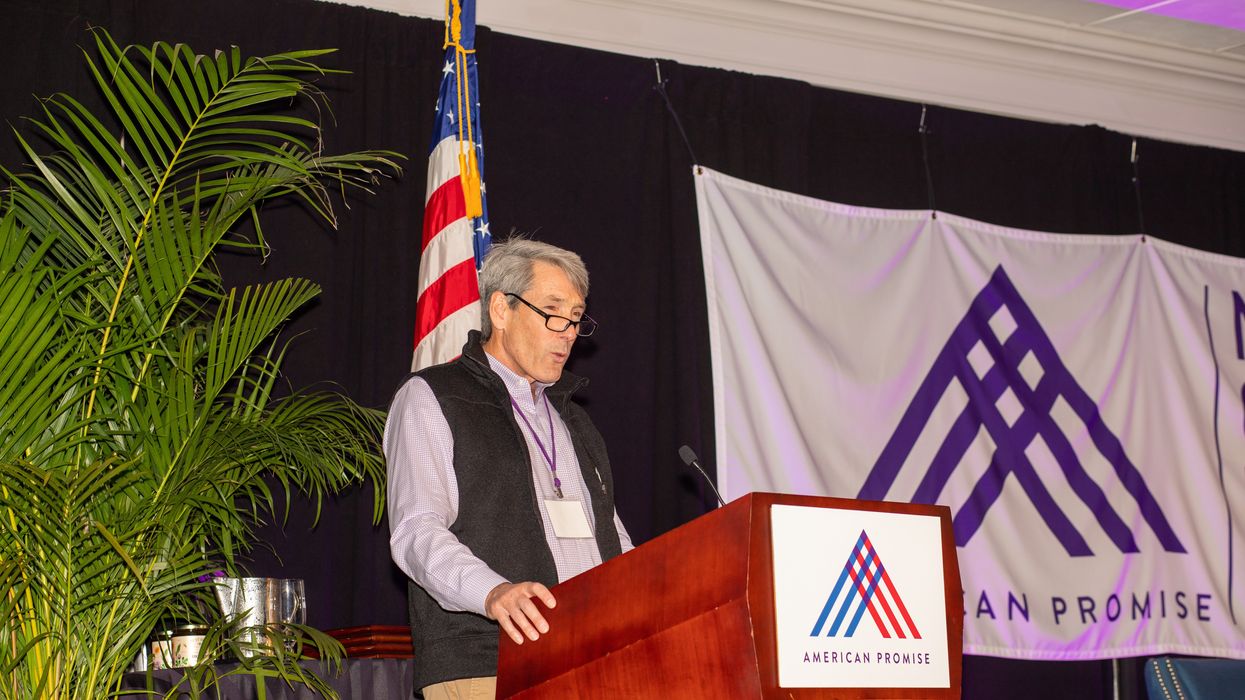Nevins is co-publisher of The Fulcrum and co-founder and board chairman of the Bridge Alliance Education Fund.
Kevin Johnson is co-founder and executive director of Election Reformers Network, a nonpartisan nonprofit advancing innovations that protect elections from polarization. Since 2017, Johnson has led ERN’s research and advocacy programs focused on impartial election administration, independent redistricting and voting rules. He draws on decades of experience supporting emerging democracies overseas and advancing reforms in the United States.
Johnson is also a member of the Election Expert Study Team of the Carter Center, where he assists the U.S. Elections Program. He serves on advisory bodies of American Promise and Rank The Vote.
Johnson co-authored the first comprehensive study of secretary of state conflict of interest and pioneered the top-two proportional approach to Electoral College reform and the nominating commission approach to secretary of state selection. He has published more than two dozen op-eds on a wide range of reform topics in media outlets including The Washington Post, The Hill, Governing, Commonwealth Magazine, The Daily Beast and The Fulcrum.
At the National Democratic Institute, Johnson directed election observations in the West Bank and Gaza, Indonesia, and several countries in Africa, and organized advisory consultations for constitution drafters in new democracies, among other programs. With Common Cause, Johnsonled a successful anti-Citizens-United ballot question campaign in Newton, Mass., and helped organize citizen participation in the highly regarded 2011 Massachusetts redistricting process, among other efforts.
In 2002, Johnson co-founded Liberty Global Partners, an investment advisory firm focused on venture capital and private equity in emerging markets. At Liberty Global, he has led capital marketing initiatives that raised more than $6 billion for investment funds targeting China, India, Brazil, Africa, Central and Eastern Europe, and Southeast Asia. Johnson has an MBA from Wharton and a bachelor’s degree in English literature from Yale University.
I had the wonderful opportunity to interview Johnson in April for the CityBiz “Meet the Change Leaders” series. Watch to learn the full extent of the democracy reform work that Kevin does:
The Fulcrum Democracy Forum Meets Kevin Johnson, Executive Director of Election Reformers Networkyoutu.be




















Trump & Hegseth gave Mark Kelly a huge 2028 gift